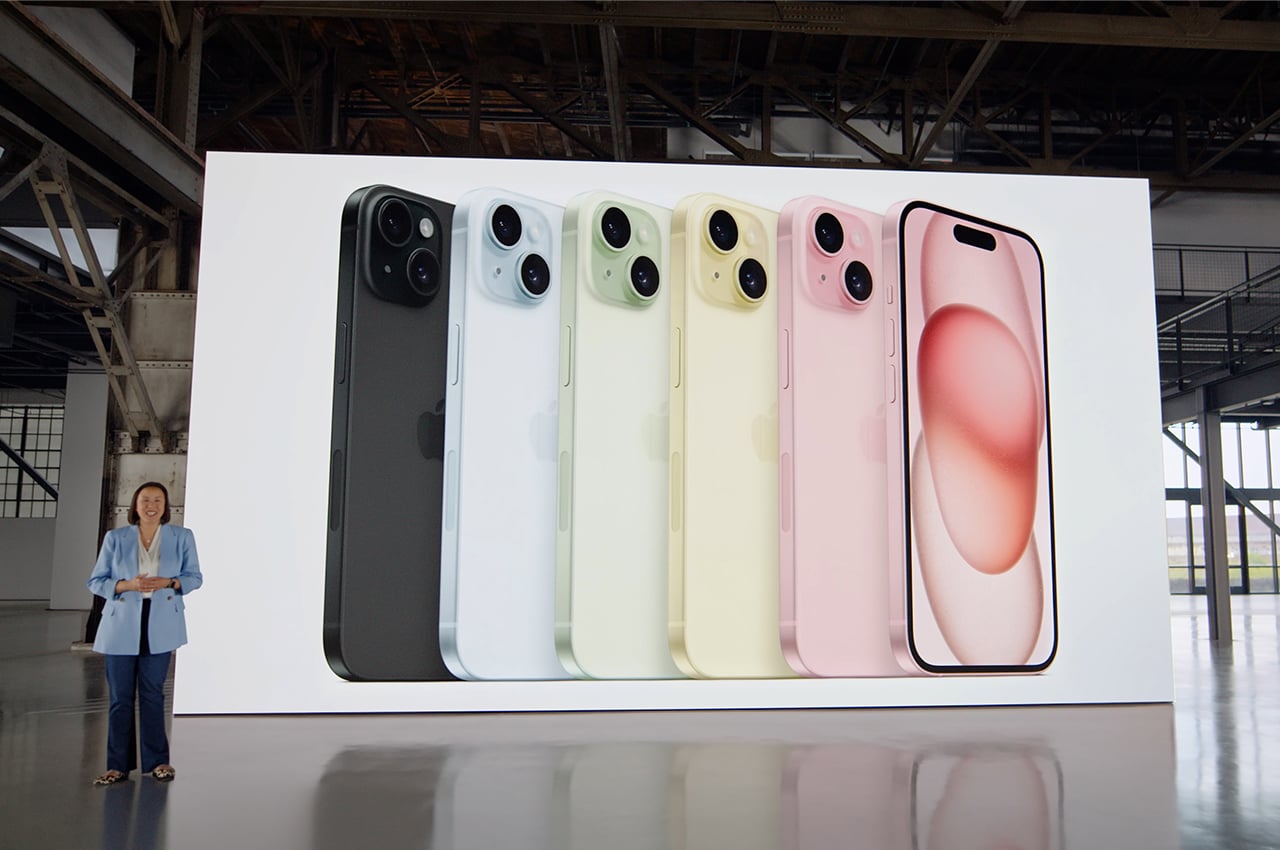
You may read the title of this article and think to yourself, “wait a second, isn’t Siri already an AI?” Well, yes and no. Back in the early 2010s, “AI” was a popular buzzword among big tech companies, who described their virtual assistant services as AI companions – which was technically true, due to their reliance on natural language processing to interpret voice commands and output rote responses.
When tech corps talk about AI today, they’re primarily referring to chatbots using generative AI models like ChatGPT, which are vastly more advanced – and costly to operate. These have far more agency to “guess” correct information – even if you only provide limited input – thanks to sweeping advancements in machine learning. If you’re used to talking to Siri, Alexa, Cortana, or Google Assistant, you probably know there’s only so much these assistants can do… without a reasonable amount of extra programming to make them speak to far more advanced AI software like ChatGPT.
Throughout 2023, generative AI has dominated the entire conversation about artificial intelligence, and for that reason, a large chunk of software has been retrofitted to include some form of generative AI to help users navigate faster. Now, according to a Bloomberg report by Mark Gurman, Apple is racing to implement a similar model into Siri in iOS devices as soon as next year – with the release of iOS 18. That’s exciting on paper, if not for the fact it feels like Apple is putting the cart before the horse; chasing flashy new features while letting its most loyal users deal with quality control issues.
iPhone 15 Pro models are still overheating


You can’t really escape the fact that the iPhone 15 Pro and Pro Max overheating issue happened. Period. More importantly, it’s still happening. The iOS 17.1 update that Apple promised would fix the overheating issue – which caused everything from periods of system instability to OLED burn-in – isn’t even fully released yet, as of the writing of this article. What it does include, however, is a large number of fixes that should have launched with the $999+ iPhone 15 Pro and $1,199+ iPhone 15 Pro Max to begin with, nearly one month ago.
On one hand, this whole situation feels like it was caused by a simple quality control error. The fact it’s evidently simple enough to fix over a couple of smaller software updates and one larger update, one month on, still raises questions on an organizational level. But in any case, adding a generative AI layer on the OS level is likely to make any existing issues worse.
Overheating seems to be a software issue


As I previously mentioned, the overheating issue in the iPhone 15 Pro and Pro Max seems like it comes from an interaction between iOS 17 and the iPhone 15 Pro itself. It’s easy to speculate what’s going on under the hood without delving deeper into the inner workings of the iPhone 15 Pro/Max or the massive interlocking systems of code powering it.
But again, purely from a software standpoint, Apple won’t easily escape the potential quality control issues that could come up by making its existing code exponentially more complex and demanding with advanced AI features. That follows the logic of why Apple is introducing more fixes than features with iOS 17.1 – it sorely needs to, in order to satisfy the disappointed iPhone 15 Pro owners – but the fact it’s apparently dropping “$1 billion per year” on integrating AI at this exact moment feels like an example of over-eagerness to catch up with a trend it doesn’t already have its thumb on.
Running generative AI models locally is system-intensive


A sizeable number of programs that use generative AI, do so by outsourcing their AI processing to external providers (like ChatGPT) via API calls, or just by telling a less intelligent program to manually send a command to an AI chatbot through a web interface. This is because the amount of computational power it takes to run an LLM locally is rather high. Some AI processes can work well locally, even on phones, thanks to specialized chips that are optimized for those purposes. For instance, the Google Pixel 8 is inherently built to run a wide number of AI-powered services, like Zoom Enhance, without using any external API.
I can use my NVIDIA RTX 4070 Ti to double the framerates in video games with DLSS 3 and Frame Generation, both of which use an AI model to (locally) enhance the image of my games before they reach my display. That’s the sort of thing you can generally do with specialized chips, without pushing your CPU or other internals beyond their limitations.
Running an LLM locally, which the current iPhone generation isn’t equipped to do, is a whole different thing. And yet, it’s the only conceivable improvement to Siri that would make sense when Apple talks about “upgrading” Siri with AI features. As an Apple user: yes, I want the functionality of generative AI in Siri, but I’d like to not have to worry about it tanking my system performance or rely on an always-on internet connection to work.
Siri likely won’t win the generative AI race


An LLM-based Siri would be behind the times, even if it came out in 2024 as a local function within the next generation of iPhones. That’s already highly unlikely for the reasons I described above. And since we already have so many powerful web-based LLM chatbots like ChatGPT, Google Bard, and Microsoft Bing, it’s not like the addition of a Siri-based AI chatbot would provide a ton of additional value – except to diehard Apple users who wouldn’t ever dip outside of Apple’s ecosystem anyhow.
At this point in the race, it feels like Apple is chasing the hype train rather than defining it. Once again, it’s the cart placed before the horse.
Improved Siri AI is still coming, inevitably


Everyone is adding some form of generative AI bot to their software, so why not also do the same thing to iOS 18? It would add sorely-needed functionality to Siri, making it a true AI assistant with the ability to – for instance – fully manage an iPhone or iPad’s calendar. It could also help iPhone users learn how to use the system more efficiently, and take care of other menial tasks. If Apple is putting as much effort and capital into the project as is evident by the Bloomberg report, it’s definitely coming at some point.
Now, with all that said and done, I’m not knocking a hypothetical generative AI-based Siri upgrade – if we were talking solely about utility. If it can work well, it will be a greatly-welcomed addition to the iOS 18 feature set. However, it’s still questionable about how well it will work. For now, I’ll be more impressed when Apple fixes the iPhone 15 Pro’s overheating issues.








